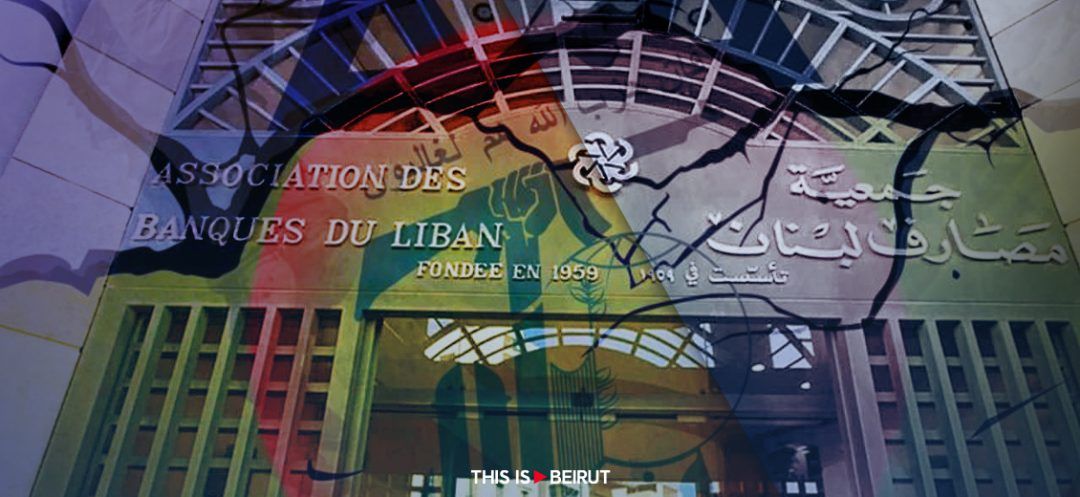
The US Treasury, through a delegation visiting Beirut last week, urged Lebanon to undertake necessary structural reforms to receive aid, but primarily demanded to curb monetary flows passing through Lebanon and sent to organizations deemed as terrorist.
A delegation from the US Treasury led by a senior official held talks last week, away from the limelight, with the President of the Parliamentary Finance and Budget Committee, Ibrahim Kanaan, and Members of Parliament Fouad Makhzoumi, Ghassan Hasbani and Ghada Ayoub. The delegation also met with the First Deputy Governor of the Central Bank of Lebanon (BDL), Wassim Mansouri. It is worth noting that this meeting is not the first, as the US Treasury regularly holds such meetings.
Sources told This Is Beirut that the concerns of the US Treasury focus on the growing cash economy that could be used to finance organizations designated as terrorists in the region. The Treasury even hinted that, without measures taken to counter these monetary flows, it would be almost impossible for Lebanon to obtain financing to emerge from the economic and financial crisis it is facing.
The delegation also demanded reform of the banking sector to regain trust and reduce this cash economy. According to the World Bank, the cash economy represents 47% of Lebanon's GDP, or $9.5 billion.
Furthermore, it expressed the risk that Lebanon may be placed on the Financial Action Task Force (FATF) gray list, which would result in correspondent banks ceasing to do business with Lebanese banks. "However, such a measure would be an additional element to help the cash economy rather than the opposite," explains the source.
The source added that "a crackdown on cash service providers would involve strengthening regulation on transfer and exchange points, and immediately stepping up law enforcement, because banking sector reform will take longer and may not lead to the expected results in the short term."
FATF, a financial crime watchdog, released last June its "gray list" of countries under special monitoring due to inadequate practices in preventing money laundering and terrorism financing. Lebanon was not on this list, despite initial fears.
Moreover, in its report released last December, the organization revealed that Lebanon is compliant or largely compliant with 34 out of 40 recommendations. "This means that the banking sector in Lebanon, despite the extensive cash economy, is doing its best to be compatible with international standards to combat money laundering and terrorism financing," explained the chief economist of Byblos Bank.
Fund Transfers to Hamas and Hezbollah
It all started in March 2020 when Lebanon opted for a default on $32 billion of sovereign debt and subsequently ignored the consequences of a default. This negligence allowed the proliferation of a cash economy in areas as diverse as real estate, solar energy, pharmaceuticals and illicit trade in Captagon.
According to the aforementioned sources, the Treasury was particularly concerned about funds' movement to Hamas via Lebanon, as well as Hezbollah funds from Iran arriving in Lebanon from where they are redirected. It demanded that effective measures be taken by the Lebanese authorities to combat illegal financial service companies, which have taken advantage of the collapse of the banking system. It also asked Lebanon to adhere to global standards for combating money laundering and the financing of terrorism.
One thing remains certain, the Lebanese economy requires a complete overhaul once the state and its institutions are reformed and restructured.
Read more



Comments